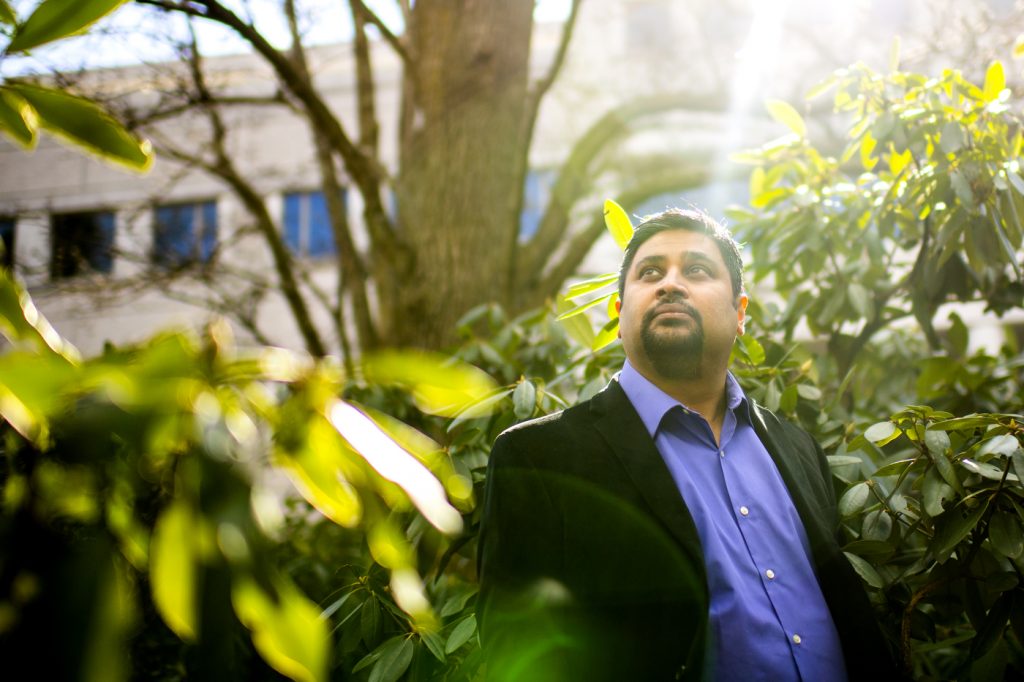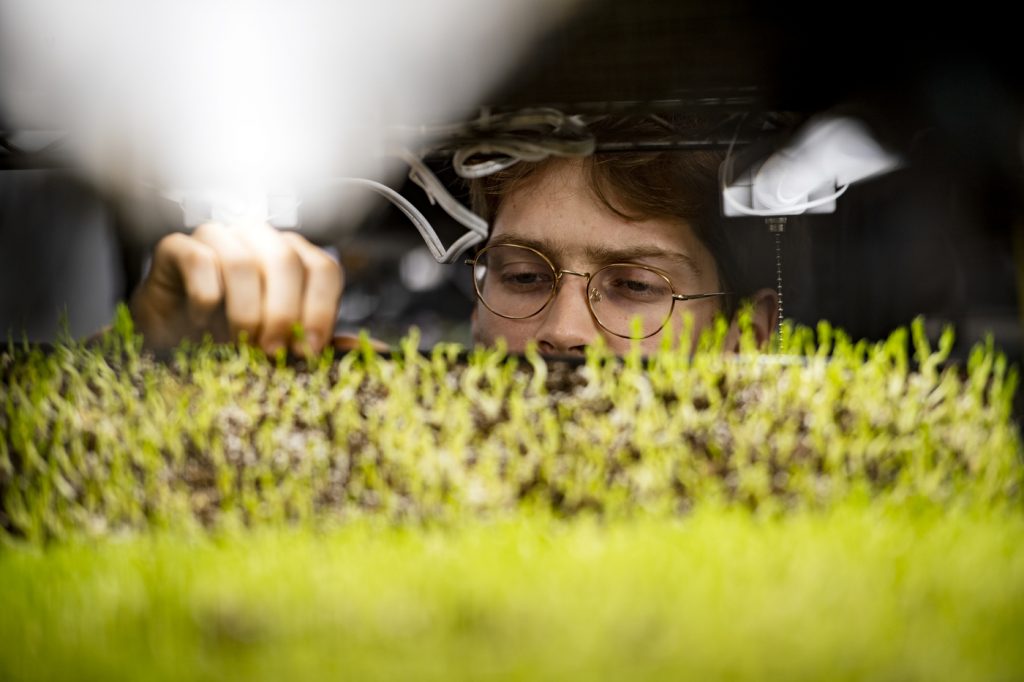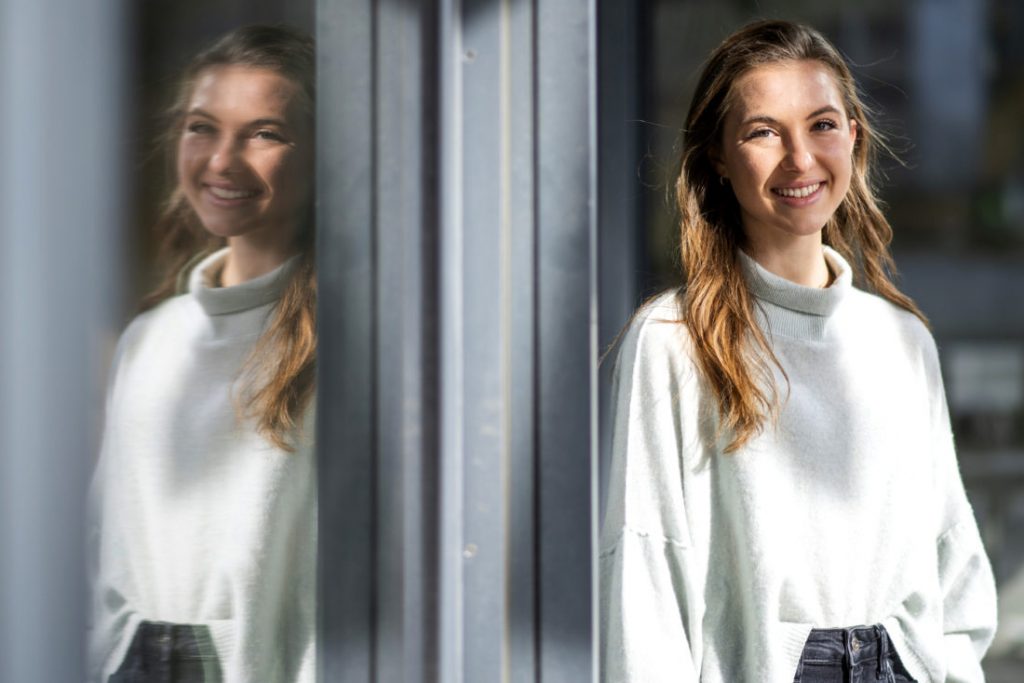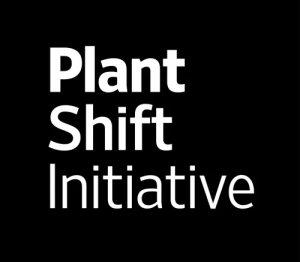
The goal of the Plant Shift Initiative is to nurture tomorrow’s entrepreneurs and leaders through the development of projects that tackle animal welfare and climate change issues with creative “plant-based” ideas. By plant-based we mean all ingredients, products, technologies and materials that remove animals from the food system and from all other productions and activities.
REVISIT THE PAST SEASON OF DYNAMIC CONVERSATIONS AND GLOBAL PLANT-BASED LEADERSHIP
ABOUT THE INITIATIVE
The goal of the Plant Shift Initiative is to nurture tomorrow’s entrepreneurs and leaders through the development of projects that tackle animal welfare and climate change issues with creative “plant-based” ideas.
SPEAKER SERIES
This exciting series of panel discussions covers relevant and emerging science in plant-based solutions in fields from food and nutrition to sports and business, from climate correction to technology disruption.
SUPPORT THE INITIATIVE
Your support backs research that helps us grow this critical initiative! It funds scientific discovery and programming in the many emerging fields of plant-based solutions to society’s most pressing problems.
MEET THE INAUGURAL PLANT SHIFT CO-OP
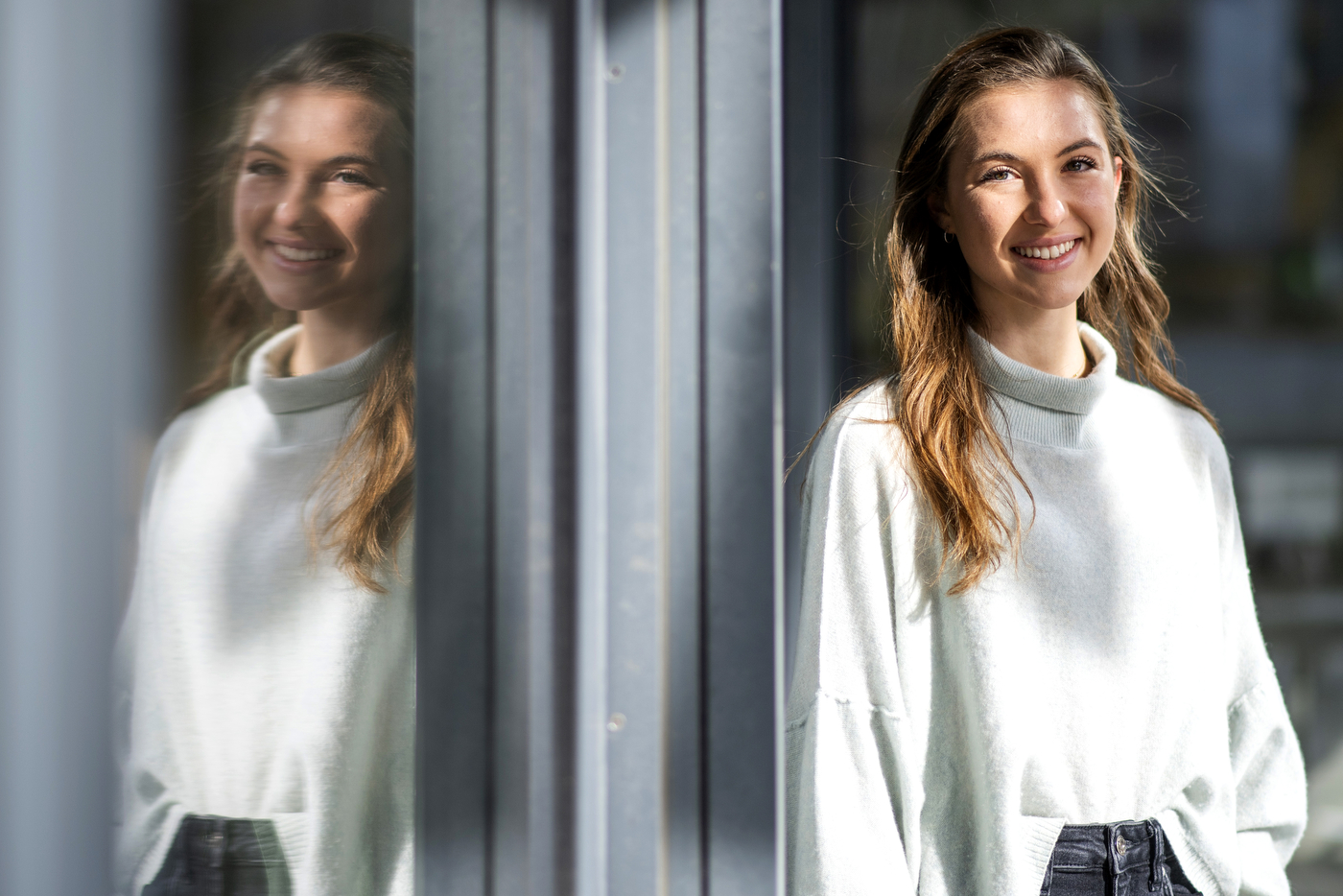
MEET THE INAUGURAL PLANT SHIFT CO-OP
Rachel Domb is a marvel in the plant-based nutrition world, having started her own mission-driven, eco-friendly, plant-based snack company, Rooted Living, last year when she was only a sophomore. This year, she is the first co-op student in the Sherman Center for Engineering Entrepreneurship Education to focus on plant-based and climate-friendly food systems.
The intent behind Rooted Living is that it “allows you to snack without sacrificing your own health or the health of the planet, and there’s a demand for more sustainable products,” Domb said in her pitch. Her entrepreneurial inspiration won her the top prize of $2,500 in last year’s Husky Startup Challenge, beating out 11 other young companies created by students for the fall 2020 competition.
The third-year psychology major said 40 percent of the plastic produced in the world is for food packaging. Single-use plastic, Domb added, is a major contributor toward global warming, causing “detrimental, irreversible impacts to the planet.” Her co-op was funded by a gift from Northeastern parents Jane Patterson and Sebastiano Cossia Castiglioni, who established two such positions at the Sherman Center.
“Ultimately, my mission is to be a leader in the fight against single-use plastic by providing truly healthy food,” says Domb.
PLANT-BASED NEWS AT NORTHEASTERN
What can a rhododendron teach us about robotics?
On a chilly winter day, Moneesh Upmanyu took a walk with his son near their home outside of Boston. They passed a rhododendron bush, its thick green leaves curled up into thin tubes dangling limply from their stems. It looked dead, or dying.
But when Upmanyu, a professor of mechanical and industrial engineering at Northeastern, walked past the spot a few days later, on a warmer day, the plant seemed to have revived. The leaves were spread out flat and lifted upwards towards the sun. His son had one question: Why?
A sprouting subscription service kept this microgreens farmer growing during the pandemic
Oliver Homberg’s urban farm had grown rapidly before the pandemic, so fast that he expanded his roster of flavor-packed microgreens to include offerings like garlicky Chinese Mahogany and red Shiso, a Japanese plant from the mint family.
Homberg, who earned his international affairs degree from Northeastern in 2013, began Boston Microgreens in 2018 and had cultivated a clientele from among the top chefs in the greater Boston restaurant scene.
A sustainable solution to the plastic wrappers on snacks
When Rachel Domb was in high school, she said she was in and out of hospitals and continually feeling sick until she decided to adopt a plant-based diet. Nourishing her body with healthy food eventually became a passion, but she was put off by the plastic packaging that her snacks came in, knowing how bad the wrappers were for the environment.
ABOUT NORTHEASTERN
Founded in 1898, Northeastern is a global research university and the recognized leader in experience-driven lifelong learning. Our world-renowned experiential approach empowers our students, faculty, alumni, and partners to create impact far beyond the confines of discipline, degree, and campus.
Our locations—in Boston; Charlotte, North Carolina; London; Portland, Maine; San Francisco; Seattle; Silicon Valley; Toronto; Vancouver; and the Massachusetts communities of Burlington and Nahant—are nodes in our growing global university system. Through this network, we expand opportunities for flexible, student-centered learning and collaborative, solutions-focused research.
Northeastern’s comprehensive array of undergraduate and graduate programs— in a variety of on-campus and online formats—lead to degrees through the doctorate in nine colleges and schools. Among these, we offer more than 195 multi-discipline majors and degrees designed to prepare students for purposeful lives and careers. Learn more >>
Plant Based Disruption
November 30, 2021
3:00PM ET
ABOUT
The Plant Shift Initiative speaker series finale for 2021 will bring disrupters that have paved the way for new directions. This event features leaders revolutionizing their respective fields as lifelong animal and environmental advocates applying ethics to their work.
SPEAKERS
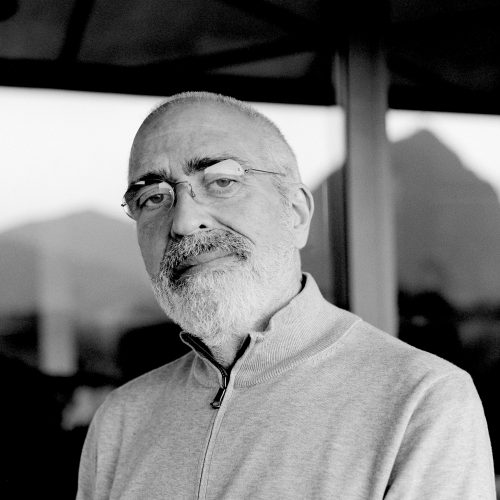
Sebastiano Cossia Castiglioni, PNT’23

Roger Lienhard

Miyoko Schinner
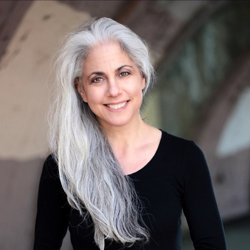
Amy Trakinski
ABOUT
The goal of the Plant Shift Initiative is to nurture tomorrow’s entrepreneurs and leaders through the development of projects that tackle animal welfare and climate change issues with creative “plantbased” ideas. By plant-based, we mean all ingredients, products, technologies, and materials that remove animals from the food system and from all other productions and activities. We hope that the initiative will awaken students, faculty, and administrators to the enormous opportunity and long-term benefits of an ethical, plant-based approach to the world’s greatest challenges.
THE IMPERATIVE
Meat production is the direct leading cause of global deforestation. Industrial fishing has brought the majority of sea species to the brink of extinction, while over 50 percent of plastic in the ocean is abandoned fishing gear. Antibiotic resistance is possibly the greatest danger humanity will face in the future because of animal factory farming. The intrinsic inefficiencies of the animal-based food system are deep and unresolvable.
The quickest and most efficient way to curb climate change—which also brings the added benefits of reducing animal cruelty and being beneficial for human health—is the shift to a plant-based diet. As an example, the development of alternative proteins (“alt proteins”)—although already advanced—is an entire field where more innovation, creativity, and technical solutions will further facilitate the replacement of animal products with excellent alternatives.

